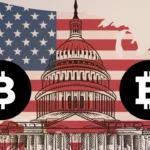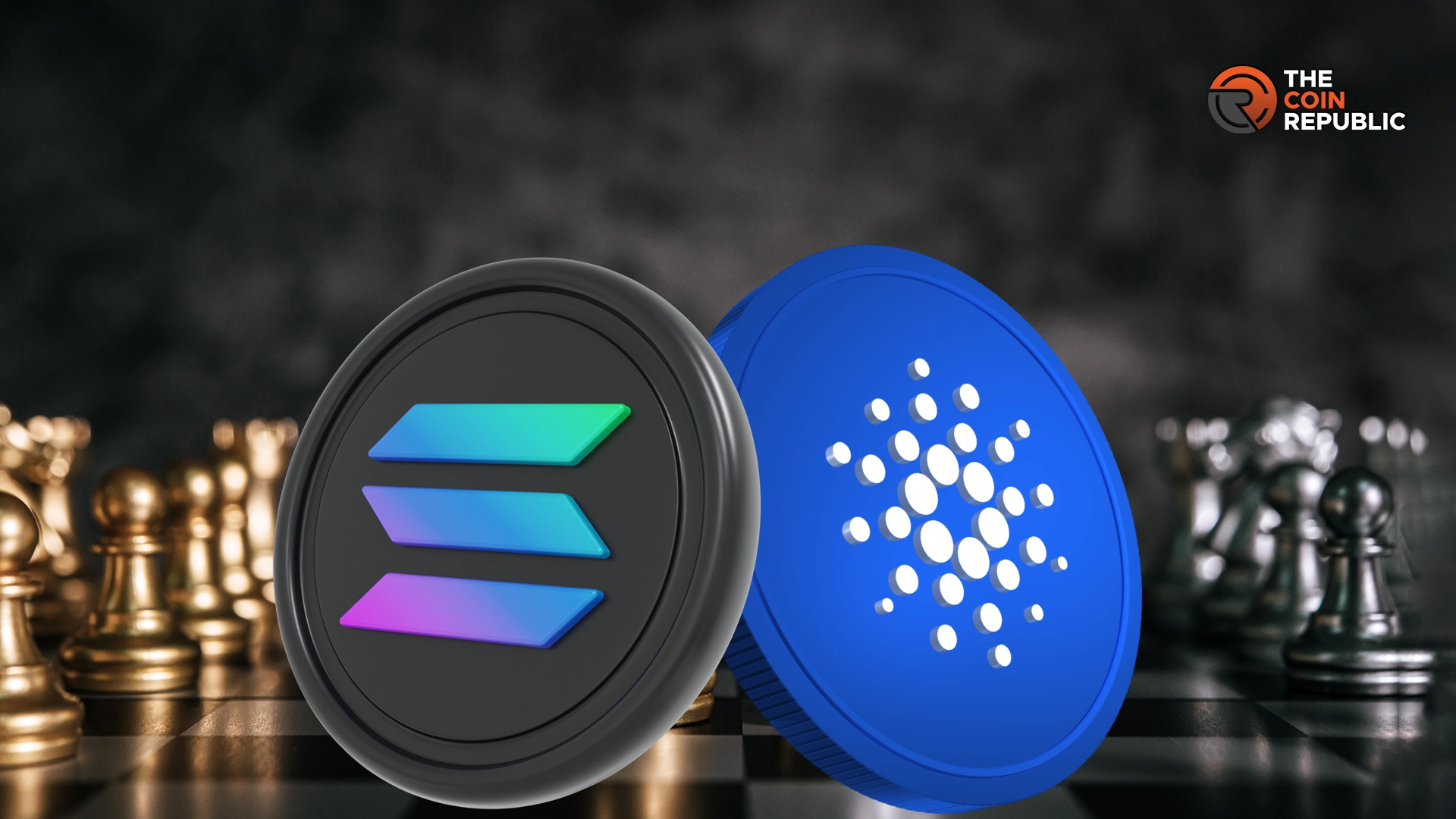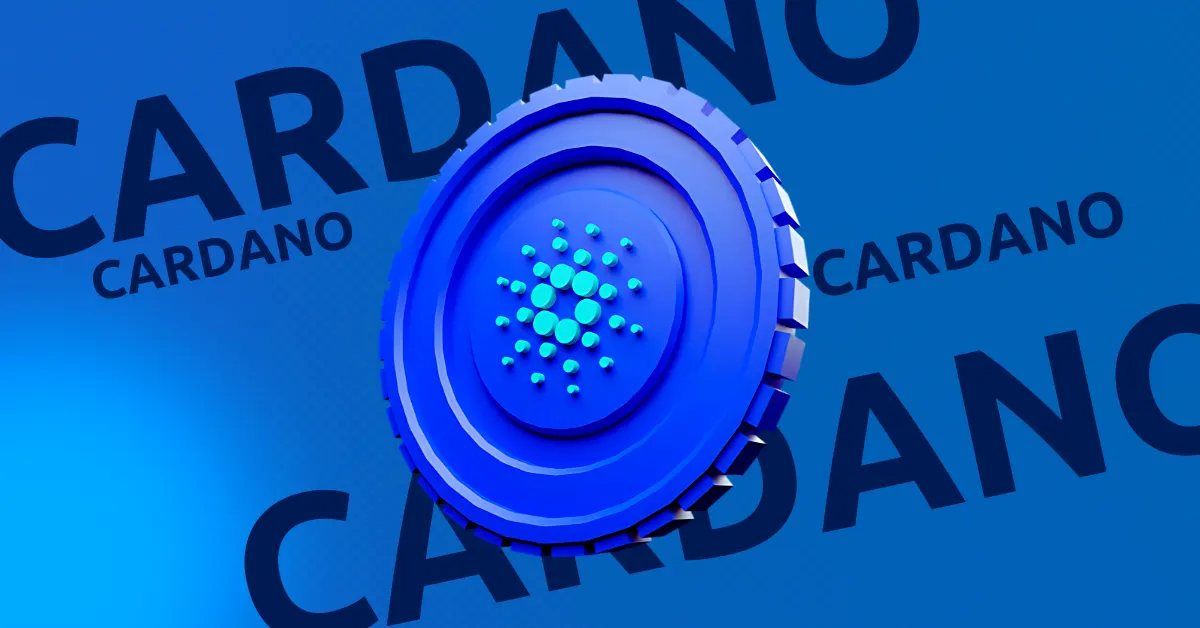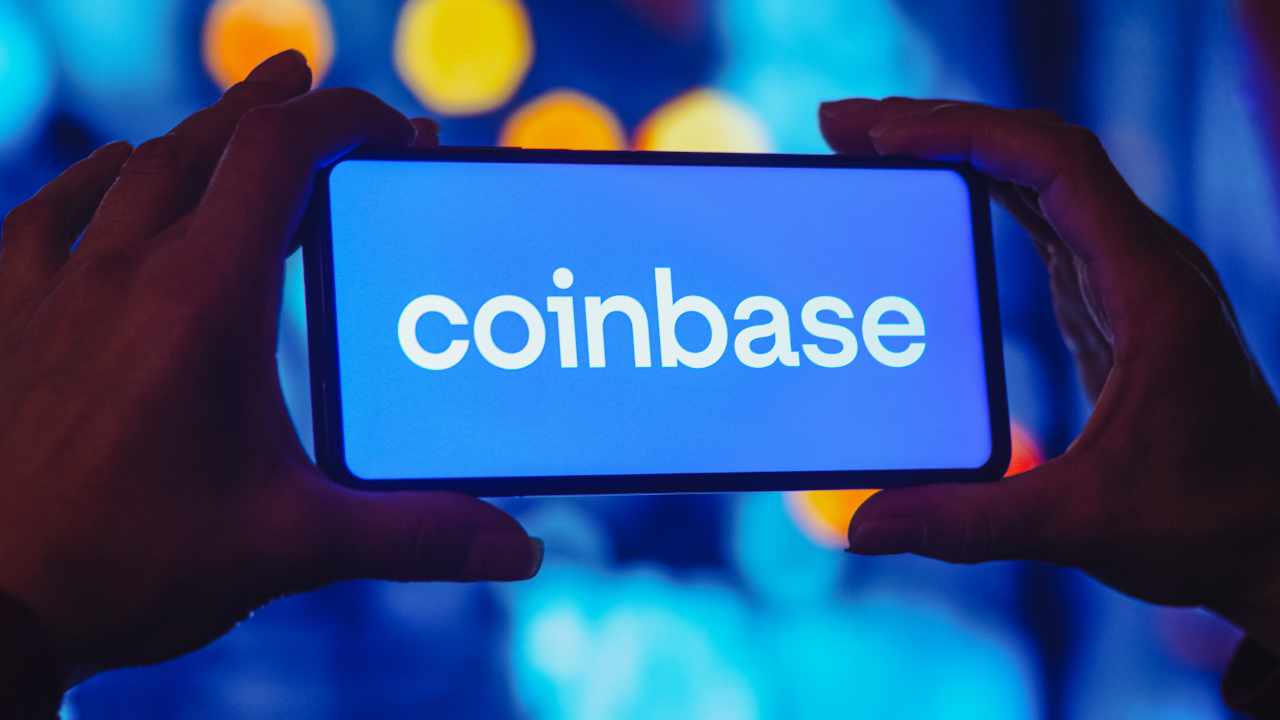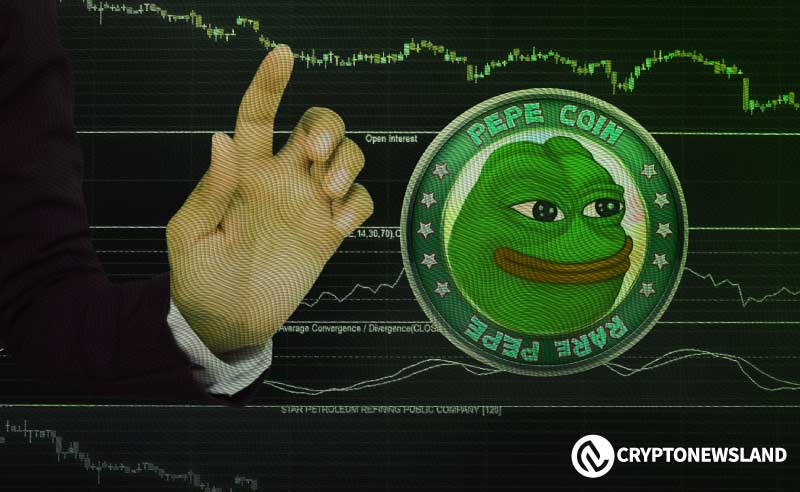A social media post on X has reignited the rivalry between two leading blockchain protocols, Cardano (ADA) and Solana (SOL).
The debate centers on each platform’s approach to technology, consensus mechanism, and scalability. A hypothetical poll post sampled the community’s choice between available technology options: Rust Node req, Leios req, implement both, or neither.
Cardano Emphasizes Speed Without Sacrificing Decentralization
In reaction to the poll, Charles Hoskinson, the founder of Cardano, highlighted the option’s relevance to his blockchain. He said, “The rust node gives us no new differentiating features for users. Leios makes us faster than Solana without losing decentralization.”
To put it in perspective, the Rust programming language is known for its safety and performance and is used by some blockchains. Hoskinson’s comments suggest that while the Rust node may have technical benefits, it will not impact Cardano users in terms of new features or advantages.
Hoskinson believes Leios will improve Cardano’s speed and performance overall. He also claims that with Leios, Cardano will surpass Solana in transaction speed or throughput. The issue of decentralization is more critical to the platform. Hence, Hoskinson emphasized that Leios would not compromise Cardano on that.
On the other hand, Solana remains a leading blockchain in terms of throughput, as its high-speed transactions are renowned. However, some users have argued that this high-speed feature comes at a cost. That is, decentralization is lost due to the higher hardware required or the centralization of nodes.
Solana’s Ecosystem Growth and Performance
Generally, users favor a high level of decentralization in the crypto ecosystem, as it is critical for blockchain security and resilience. This clarifies Hoskinson’s confidence in Cardano’s ability to boost its performance and speed using Leios.
Solana, which currently supports smart contract development using Rust, favors it for its memory safety. The blockchain can execute high-speed transactions and develop high-performance decentralized applications (dApps).
This focus on performance has made Solana less friendly for developers biased toward security and formal verification. Notwithstanding, Solana has one of the fastest-growing ecosystems, focusing on DeFi, NFTs, and Web3.
Different users have what appeals to them and will give reasons for preferring a particular blockchain to the other.
Therefore, Solana might be chosen for a project requiring speed, scalability, and an aggressive development model. Conversely, Cardano becomes the choice when security and decentralization are the focus.
Solana vs. Cardano: Can Cardano Flip?
While the rivalry over technology rages, data from DefilLama shows Solana leading in the DeFi Total Value Locked (TVL). Solana is trading at $133.93 with a market capitalization of $62.757 billion. Its Total Value Locked stands at $4.84 billion.
Cardano’s price traded at $0.34. It has a market cap of $11.972 billion and a total Value Locked of $191.34 million. However, crypto community members know that Hoskinson’s focus is not on price.
Solana leads in price and market cap due to its rapid ecosystem growth. Analysts say the blockchain needs to maintain its current momentum and address network reliability issues to sustain its leading position. They insist that the potential for a chase exists with Cardano.
However, this will depend on Cardano’s consistency in delivering scalability solutions and leveraging its decentralization.





